
Pakistan police bust organ trafficking ring that took kidneys from hundreds
The alleged leader is accused of illegally harvesting kidneys from more than 300 people in Pakistan.
2023-10-03 03:58
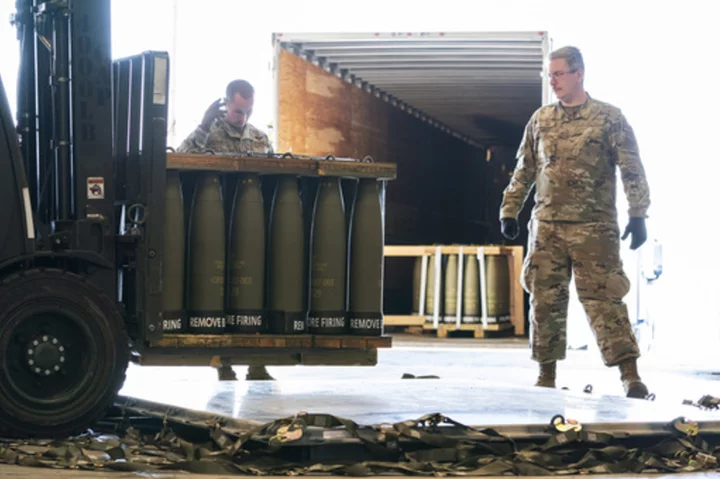
Half of US public approves of Washington's arms deliveries to Ukraine in war's 2nd year
Half of the people in the U.S. support the Pentagon’s ongoing supply of weapons to Ukraine for its defense against Russian forces
2023-05-24 12:19
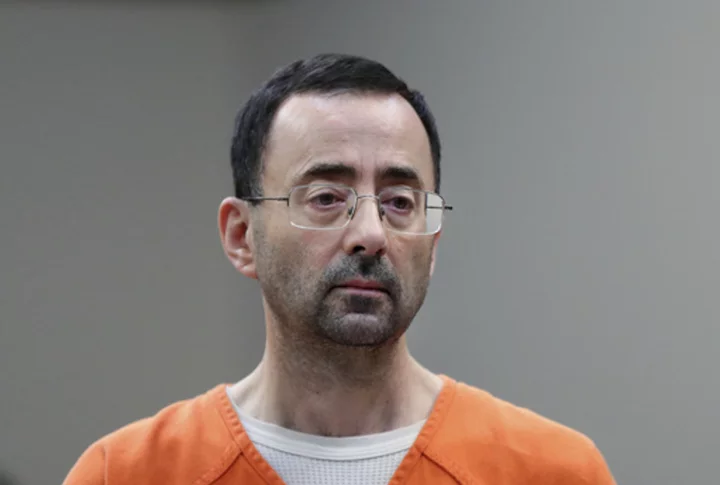
Suspect in Larry Nassar stabbing said ex-doctor made lewd remark watching Wimbledon, AP source says
A prisoner suspected of stabbing Larry Nassar at a federal penitentiary in Florida said the disgraced former sports doctor provoked the attack by making a lewd comment while they were watching a Wimbledon tennis match
2023-07-13 02:30

White Island: Company found guilty over NZ volcano disaster
Whakaari Management, which licenses tours to White Island, is due to be sentenced in February.
2023-10-31 12:22

Tina Turner's memoir reveals David Bowie and Mick Jagger 'took her under their wing' following divorce from abusive ex
In her memoir 'My Love Story', Tina Turner reminisced about a period of feeling lost until Mick Jagger and David Bowie took her under their wing
2023-05-28 13:22

US panel recommends nonprescription use of contraception pill
A US panel of health experts voted Wednesday in favor of making birth control pills available without a prescription, a move backed by reproductive rights advocates especially in the wake of a Supreme Court...
2023-05-11 04:57

Shawn Mendes says Taylor Swift's ex Joe Alwyn has got a 'bit of a villain look' because of his blue eyes
Shawn Mendes was taking the lie detector test when he was asked a question about Taylor Swift's ex-boyfriend
2023-05-27 22:24
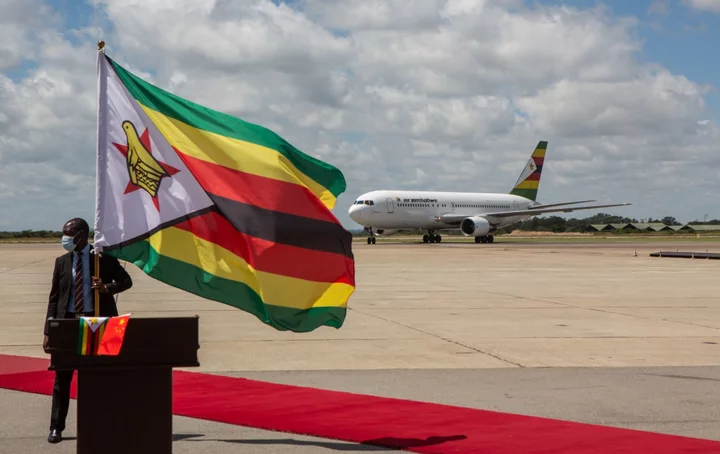
Top Offset Project Must Hand Zimbabwe Revenue or Close
Zimbabwe’s Environment Minister said the operators of a project generating carbon credits from an area almost the size
2023-05-18 17:49
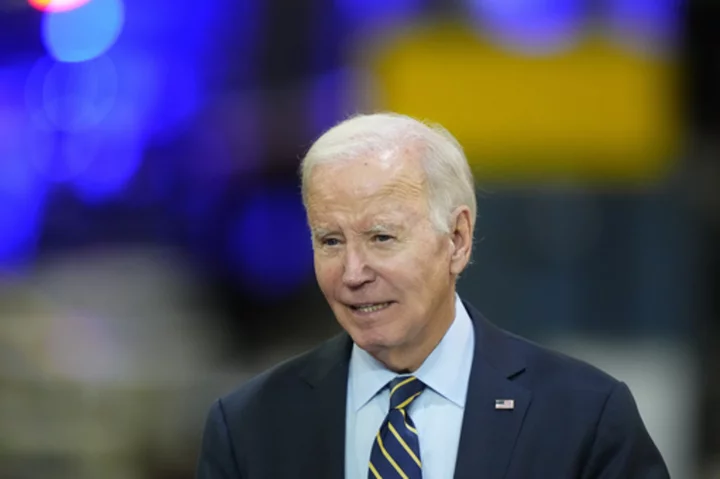
Biden goes to Illinois auto plant saved by union agreement, a sign his policies are helping workers
President Joe Biden is going to a Stellantis auto plant in the small city of Belvidere, Illinois
2023-11-09 18:30

Paige Spiranac stuns golf enthusiasts with her 'cartoon version', fans say 'need that on a shirt'
Paige Spiranac took her partnership with JetFueld to the next level as she showed off her cartoon-character version inspired by the brand
2023-11-08 18:51

'The Five' host Greg Gutfeld compares America's state to the fall of the Roman empire, says 'we are scared of discipline'
Greg Gutfeld spoke about the rising crime in the country, saying leaders were watching these 'disasters', thinking there is going to be a bottom
2023-09-06 14:49

BRICS leaders to debate expanding membership at summit
BRICS leaders on Wednesday will debate admitting new members to their five-nation bloc as it pursues a bigger role in shaping world affairs it sees...
2023-08-23 19:24
You Might Like...
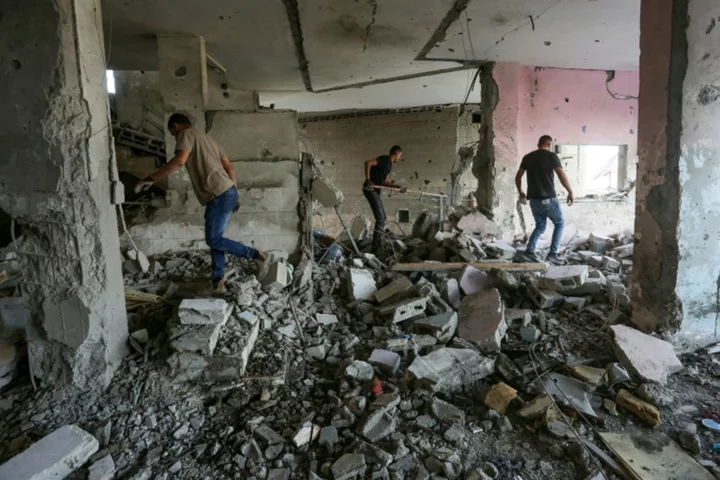
Fresh aid enters Gaza as Israel steps up strikes

Micron Stock Tumbles as China Says Chips Are Security Risk

Finnish Prime Minister Sanna Marin and husband file for divorce
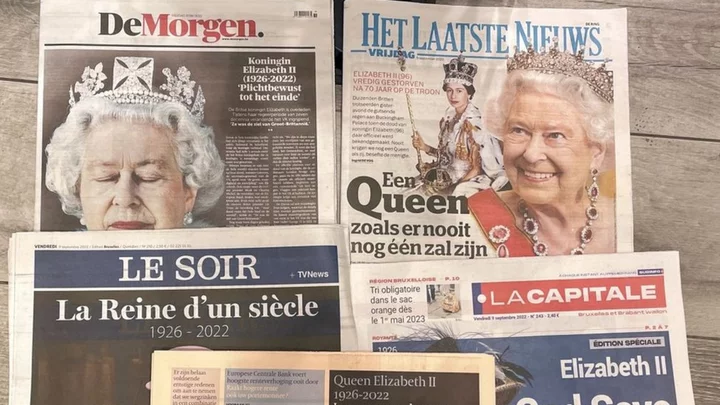
Belgium media guide

Obamas' personal chef drowns near family's home on Martha’s Vineyard

Supreme Court rules against Tulsa in case over Native American man's speeding ticket
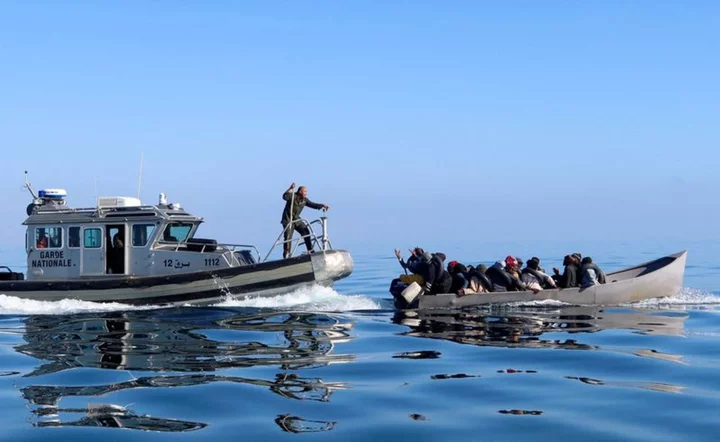
Europe could see record numbers trying to reach its borders this year, agency says
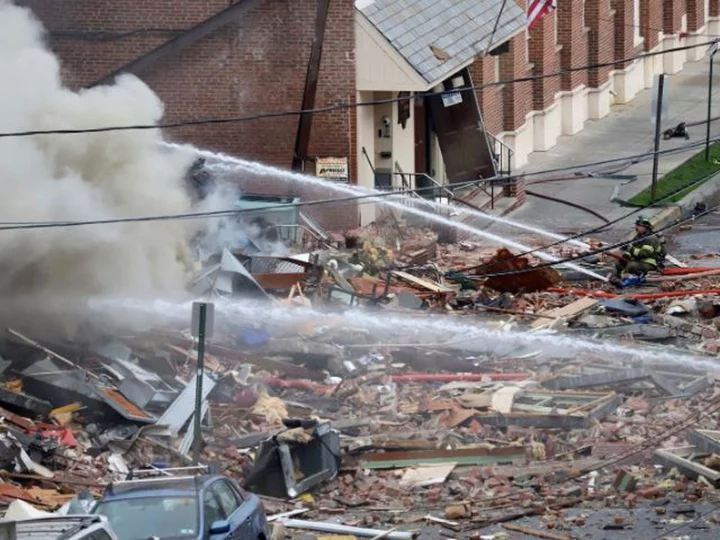
NTSB investigation into Pennsylvania candy factory explosion reveals natural gas was leaking from 2 service lines
